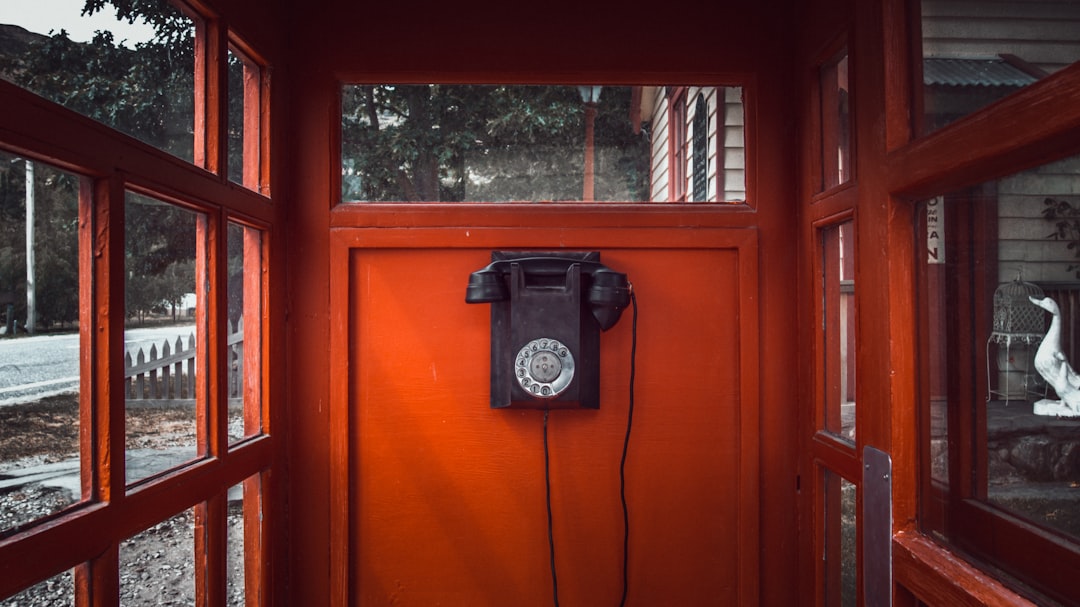Pennsylvania's strict spam call laws, enforced by dedicated firms in Philadelphia, protect residents from aggressive telemarketing. Nonprofit organizations collaborate with these law firms to educate citizens about their rights and opt-out options. Through workshops, seminars, and awareness campaigns, they empower people to block, report, and legally challenge unwanted calls. A notable success involved a nonprofit and spam call law firm filing a class-action lawsuit against a major telemarketer, leading to compensation for affected consumers and setting a precedent for accountability.
In Pennsylvania, where unwanted telemarketing calls are a widespread irritant, nonprofits play a pivotal role in empowering consumers. This article explores how these organizations navigate the state’s stringent spam call laws and educate citizens about their rights. From providing comprehensive guides to implementing targeted outreach strategies, we delve into their impact on reducing nuisance calls. Discover success stories of nonprofit initiatives that have made a tangible difference, offering hope for a quieter, more informed consumer landscape, especially with the help of spam call law firms in Philadelphia.
Understanding Pennsylvania's Spam Call Laws: A Comprehensive Guide for Consumers

In Pennsylvania, consumers are protected by strict spam call laws designed to curb aggressive telemarketing practices. These regulations, enforced by a dedicated spam call law firm in Philadelphia, empower residents to take control of their phone lines and personal information. Understanding these laws is crucial for anyone in the state who frequently receives unwanted calls from telemarketers.
The Pennsylvania General Assembly has implemented comprehensive guidelines that restrict when and how businesses can contact consumers via telephone. These rules include provisions against automated or prerecorded calls, as well as requirements for opt-out mechanisms. Consumers have the right to request that their phone numbers be removed from marketing lists, a step that telemarketers must respect. By educating themselves about these rights and the spam call law firm’s role in enforcement, Pennsylvania residents can actively protect their privacy and peace of mind from intrusive telemarketing activities.
The Role of Nonprofits in Consumer Protection: Educating the Public About Their Rights

Nonprofit organizations play a pivotal role in safeguarding consumers’ rights, especially against relentless telemarketing practices that often invade personal spaces. In Pennsylvania, where laws regarding spam calls and telemarketer regulations are stringent, these groups step up to educate the public about their legal protections. By organizing workshops, seminars, and awareness campaigns, they empower citizens to understand their rights under the state’s consumer protection acts.
Many Philadelphia-based spam call law firms collaborate with nonprofits to disseminate information on how individuals can assert themselves against unwanted phone marketing. Through interactive sessions, they teach effective strategies to block, report, and legally challenge telemarketing tactics that breach privacy norms. This collaborative effort not only helps consumers but also contributes to a more informed and protected community, ensuring everyone is aware of their rights under Pennsylvania’s consumer protection laws.
Strategies for Effective Nonprofit Outreach and Engagement in Philadelphia

Nonprofits play a vital role in empowering Philadelphia residents with knowledge about their rights against telemarketers, especially in navigating the complex landscape of consumer protection laws. Effective outreach strategies are key to engaging the community and ensuring that consumers understand their legal rights under Pennsylvania’s spam call law firm regulations.
One successful approach involves hosting educational workshops and seminars in local communities, schools, and senior centers. These interactive sessions can cover topics like identifying scam calls, understanding do-not-call lists, and knowing when to take legal action. By utilizing multimedia presentations and guest speakers from the legal field, nonprofits can make complex information accessible and engaging for diverse audiences. Additionally, leveraging social media platforms and community partnerships allows them to reach a broader spectrum of people, especially younger generations, fostering awareness and active participation in protecting consumer rights.
Real-World Impact: Success Stories of Nonprofits Fighting Against Unwanted Telemarketing Calls

In the battle against unwanted telemarketing calls, Pennsylvania’s nonprofit organizations have emerged as powerful allies for consumers. These groups, often with dedicated legal teams, have made significant strides in educating residents about their rights and empowering them to take action. Through workshops, awareness campaigns, and legal aid, they’ve successfully advocated for stricter compliance with the state’s spam call laws.
One notable success story involves a local nonprofit that partnered with a Philadelphia spam call law firm to file a class-action lawsuit against a major telemarketing company. The result was a settlement that provided substantial compensation to affected consumers and set a precedent for holding such businesses accountable. This achievement not only offered financial relief to countless individuals but also served as a strong deterrent, encouraging compliance with consumer protection regulations.






